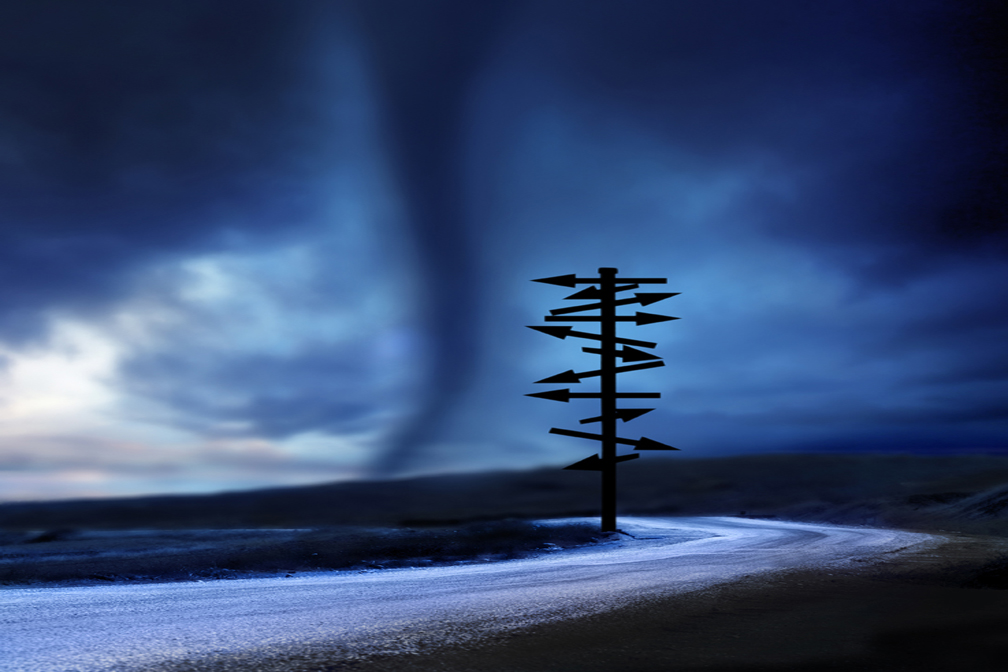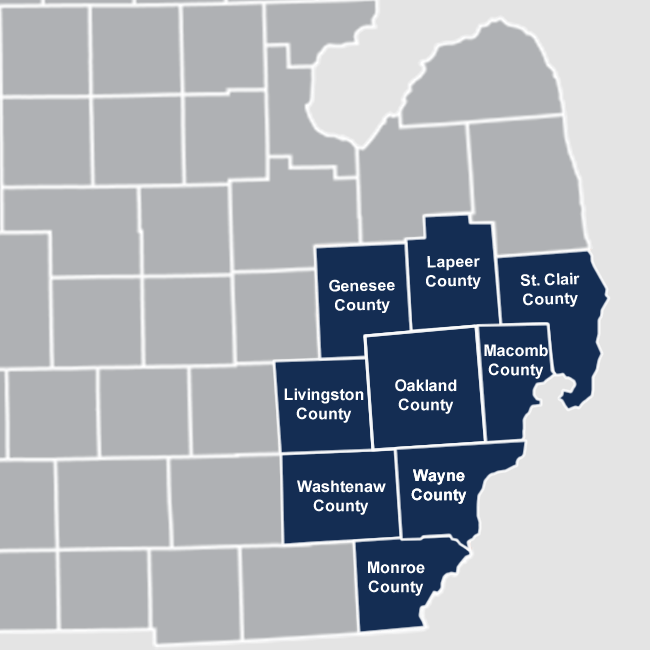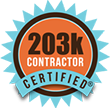Tornadoes On The Rise—Are You Prepared?

When warm air meets cold air the conditions for tornadoes rises. Do you know the warning signs of a tornado?
Tornadoes can strike at any time and without warning although meteorologists are better able to predict the signs of a twister now more than ever before. Every minute counts, and even a few minutes warning can provide an opportunity to seek shelter.
Do you know the difference between a watch and a warning?
A tornado watch is when the conditions are favorable for a tornado to develop. If you hear an alert that there is a tornado watch in effect, this is your opportunity to be attentive to the weather, alert friends and family, and listen for updates by TV or radio. Cars should be moved into the garage as well as any lawn furniture or equipment that could pose a hazard should it become airborne causing bodily harm or property damage. If you hear a tornado siren, stay inside and take cover.
A tornado warning tells you that a tornado has been spotted either by eye or on radar in your area. When the warning alarm is given, it’s time to take cover as you may have only seconds to protect yourself and your family.
Signs of a tornado:
- Dark ominous sky
- Large hail balls
- Dark, low altitude clouds
- Loud roar that sounds like a train
Where to seek shelter.
The safest place to go is underground such as in a basement, or bomb shelter. Protect yourself by going to an area of your home, school, or workplace that is away from windows such as a bathroom, closet, interior hallway, or under a heavy piece of furniture. Stairwells are also good places to take cover and in some cases lead to lower levels where you can get out quickly when safe to do so.
If you are in your car or truck you should abandon the vehicle and find shelter inside or underneath a sturdy structure. Lie facedown in a deep ditch or low area and protect the back of your head with your arms, staying away from trees and other structures that are easily blown down. If you are in a mobile home or trailer, get to a safer structure immediately; you may even be safer outdoors if you can find a ditch to lie in.
When the tornado is over:
- Stay put until the storm is completely over or emergency personnel have arrived and given the go ahead
- Survey the people around you for injuries and give first aid or seek help if needed
- When leaving your shelter, watch for downed power lines and stay away from water that may have downed wires in them
- Do not use lighters or matches as there may be gas leaking from broken pips or fuel tanks nearby
How do you recover?
Standard homeowners and business insurance policies typically cover tornado and storm damage, as does the optional comprehensive portion of an auto insurance policy. If you experience tornado damage contact a reputable storm damage restoration specialist. Trained disaster specialists will help you to file your loss and work with your insurance to assess the damage and provide detailed documentation of your property and content damage so that you can get your home or business back to pre-loss condition or better without delay.
Don’t be caught without a plan.
Make a plan today. Go to Make a Plan for helpful suggestions on disaster preparedness.














